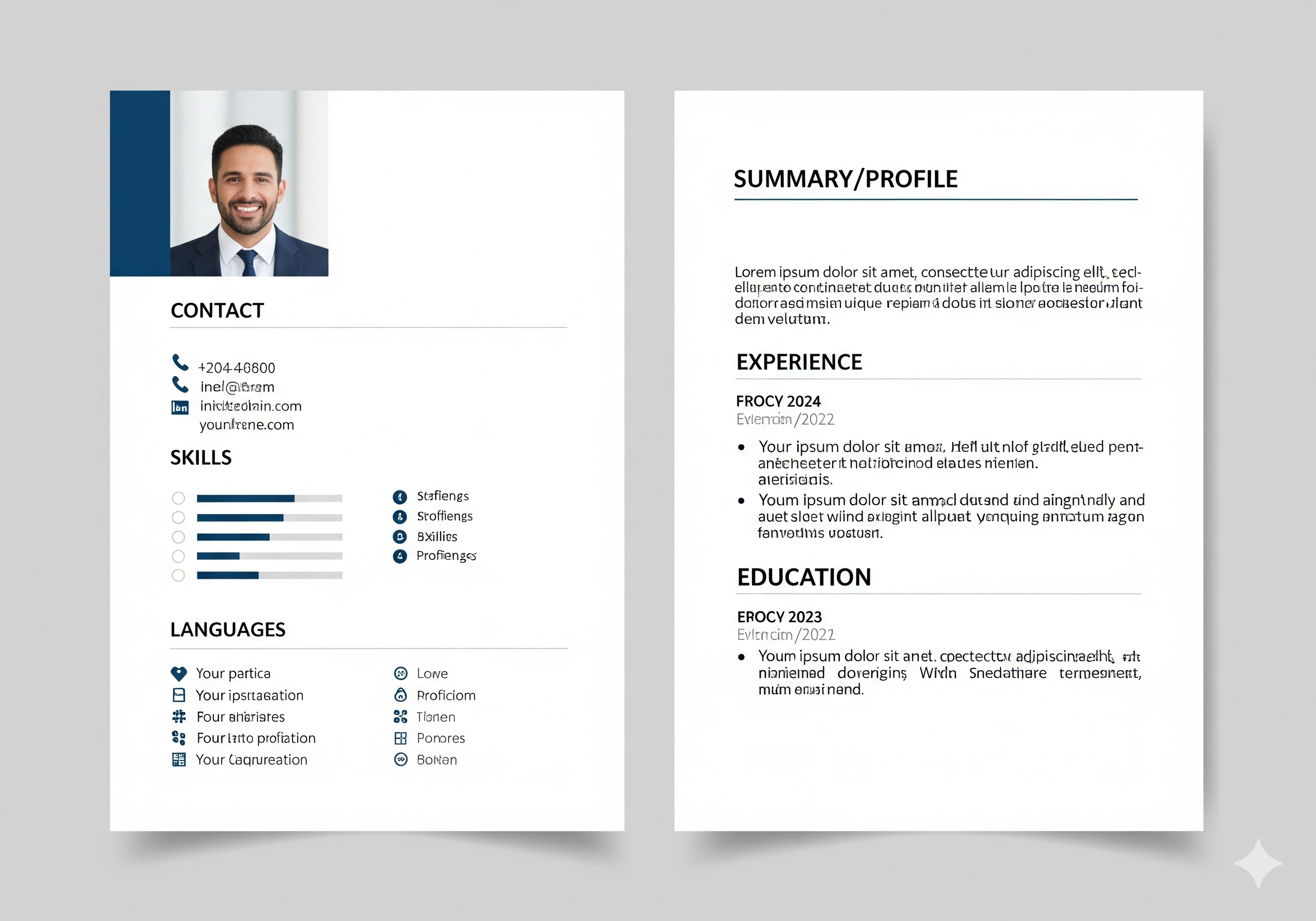



Challenges :
Reshaping a career is a challenge enough for anyone, but for women, several layers add complexity to the task. So, despite strides in gender equality, many women often experience unique challenges that can limit their growth within a career and changing careers. Here are some of the significant challenges they face:
The foremost barrier for females is gender bias. Stereotypes about the capability and role of a woman heavily influence decision-making in hiring, promoting, or assigning jobs. In many cases, women with the ability are not considered for leadership positions or offered challenging roles even if they are qualified, which significantly prohibits their career growth.
Balancing work with personal life is still a challenge for most women. Family responsibilities, such as raising children or taking care of elderly people, are mainly held by females. This sometimes makes it difficult to develop a career, take up challenging projects, or even simply have a full-time job.
Mentorship and networking are what drive careers; however, it is an opportunity that women tend to access less frequently compared to men. There is still a weak representation of females in high positions in many industries and organizations, decreasing the chances of mentoring aspiring women. On top of that, networking events and professional groups are often swarmed by males, making it harder for women to get valuable connections.
Research shows that women are not likely to negotiate or self-promote as much as men regarding raises and promotions. This can be due to a lack of confidence or fear of being viewed negatively. Women may feel less at ease in male-dominated work cultures where individuals are encouraged to flaunt their accomplishments, and hence, this issue may affect their career growth.
Women need professional growth programs, training, workshops, or even conferences to advance in their careers. This, at times, is not achievable because of time constraints, finances, or the unsupportive nature of employers toward the same. This slows the acquisition of skills and work competitiveness.
Many women take career breaks for various reasons, including raising children or caring for family members. It is very tough to re-enter a profession after a break from work due to problems like a gap in the resume, obsolete skills, and loss of confidence. Employers are also most likely to be more cautious about taking in someone who has been out of the work cycle for a long.
The gender wage gap is a long-standing issue that directly affects women’s career progression. Overall, women are paid less than men for equal work, which potentially jeopardizes their economic security and ways to invest in their careers. In turn, this may disadvantage women from resources such as education, training, or professional networks.
How women can overcome the challenges of restarting their careers after a long gap:
By proactively addressing these challenges and leveraging available resources, women can successfully navigate their career re-entry journey and position themselves for fulfilling and sustainable professional growth.